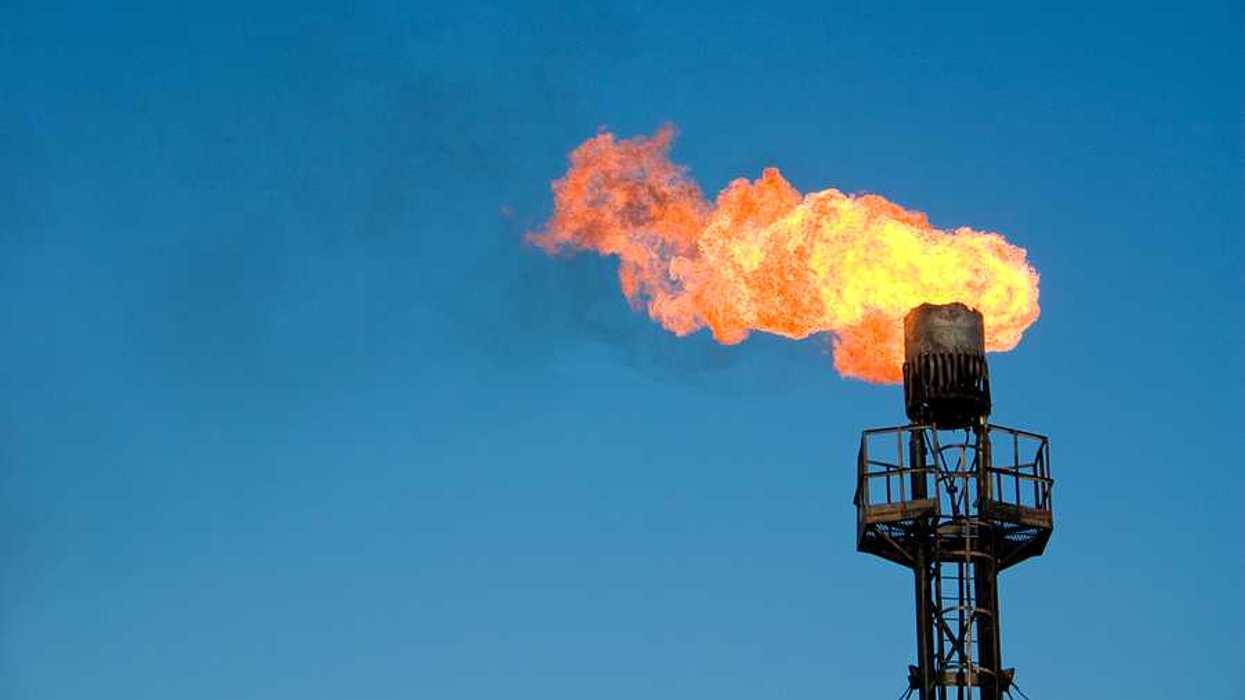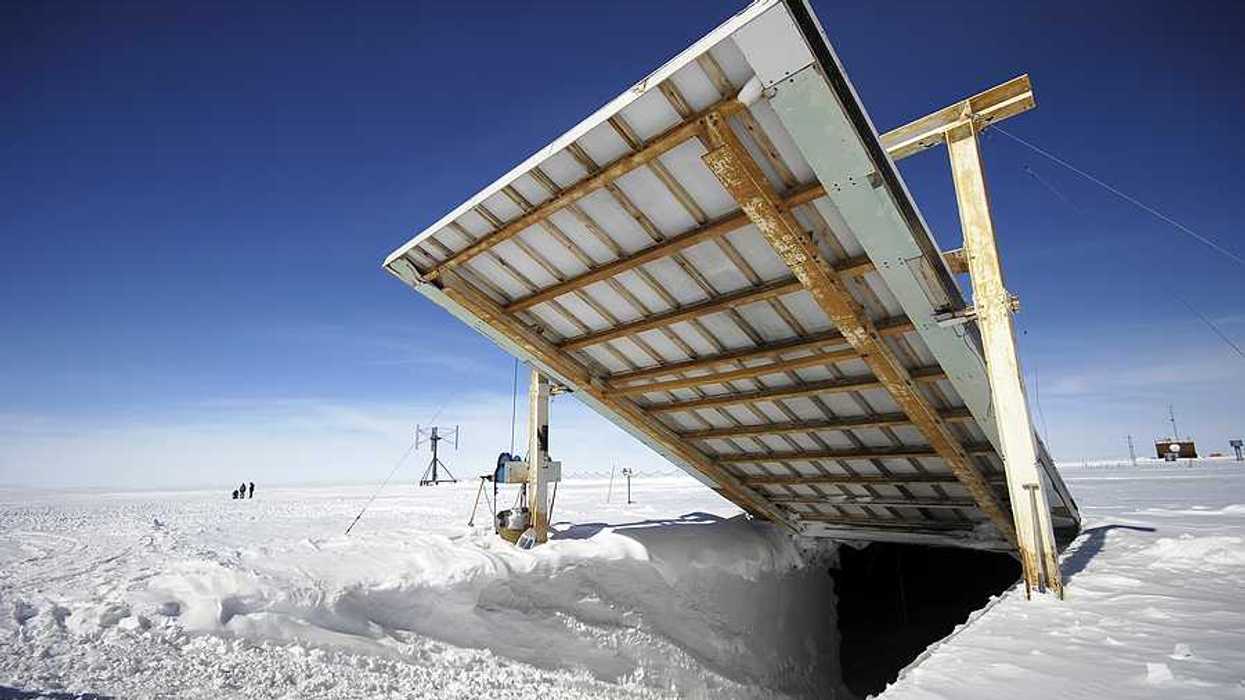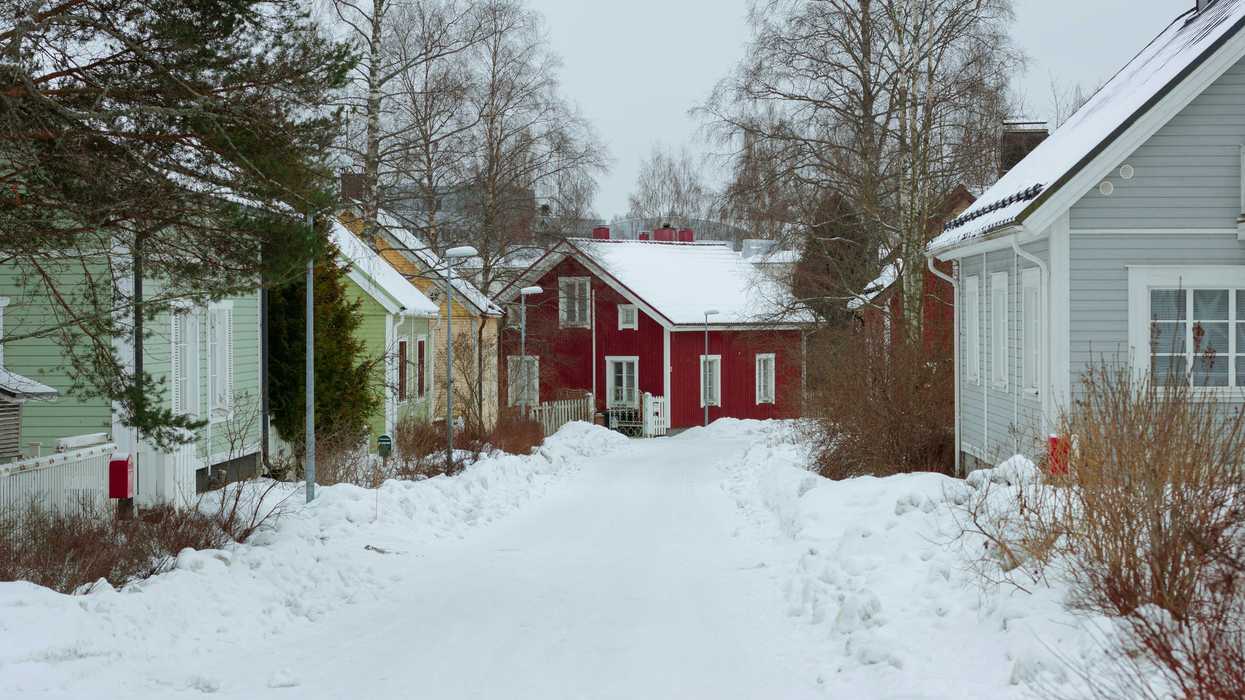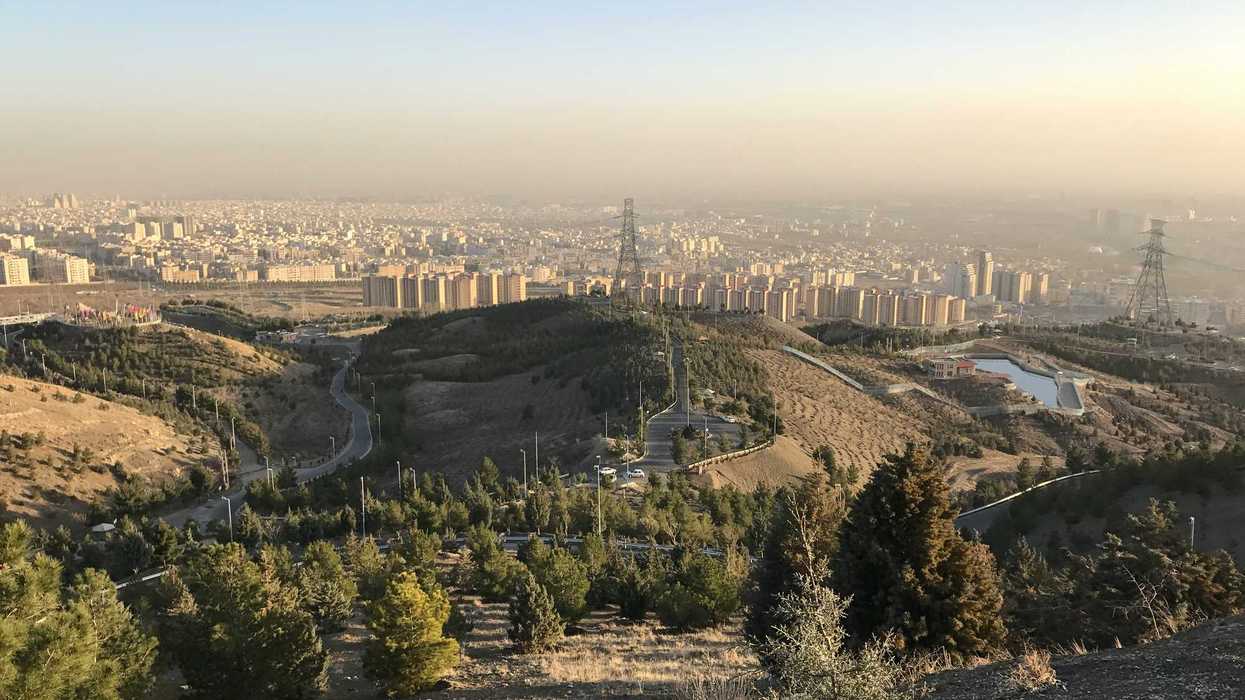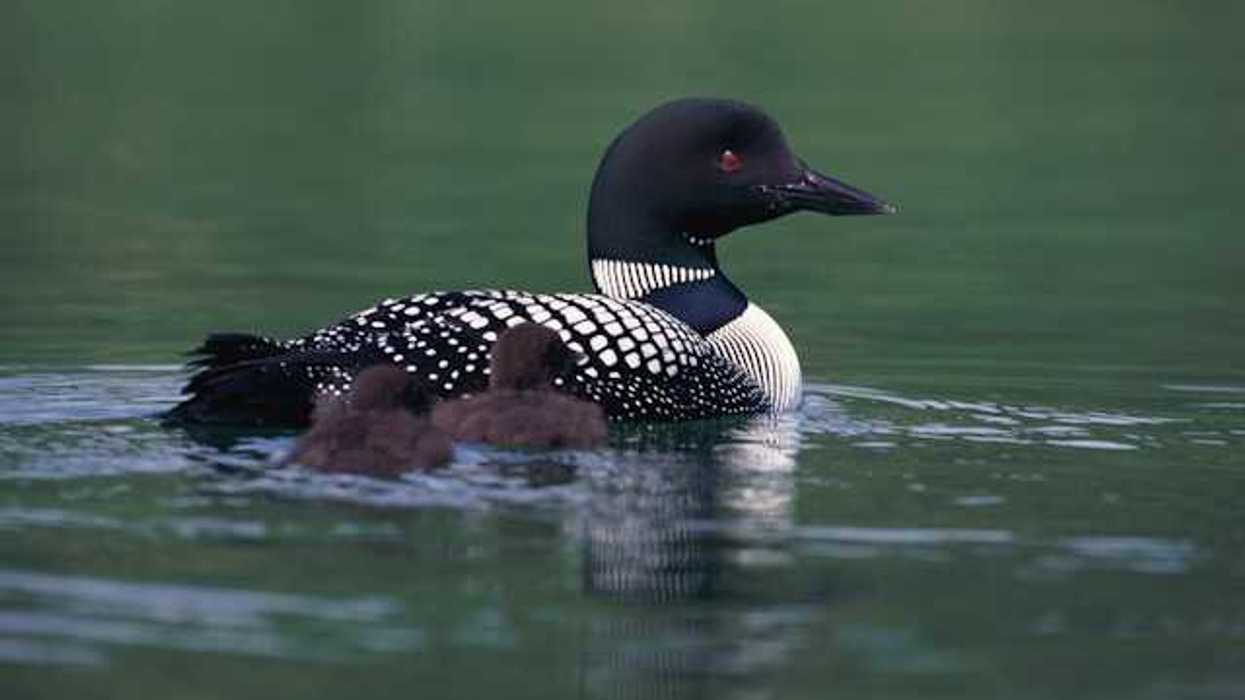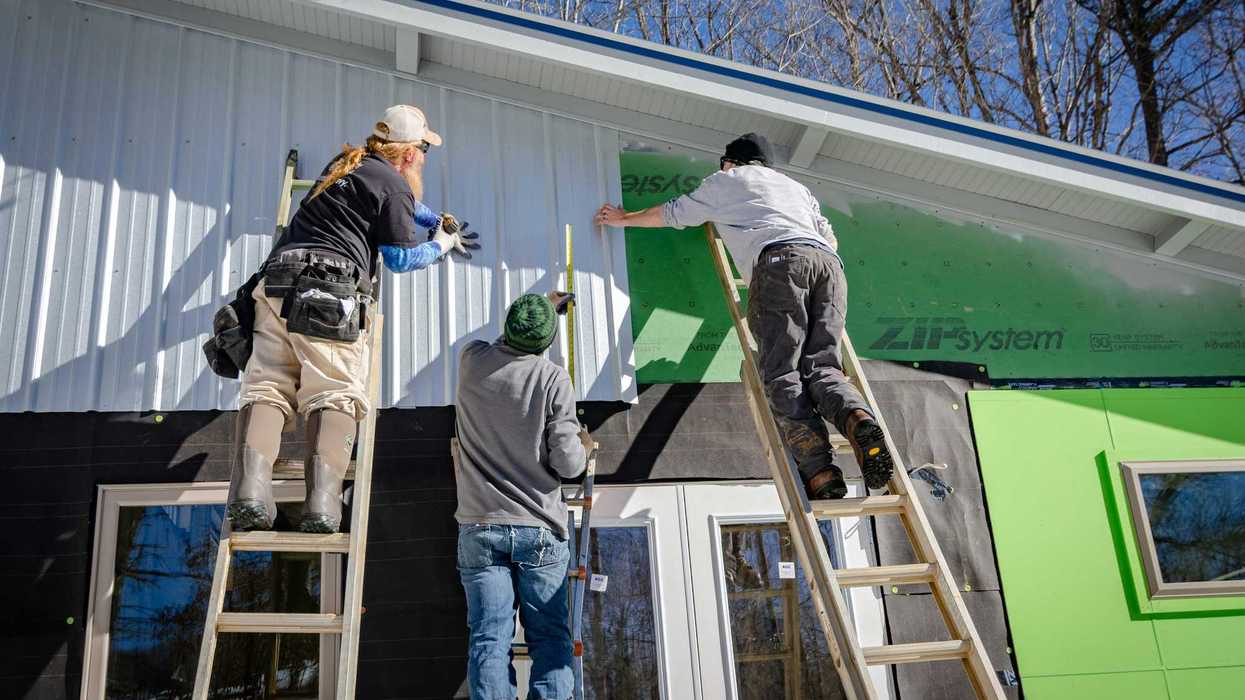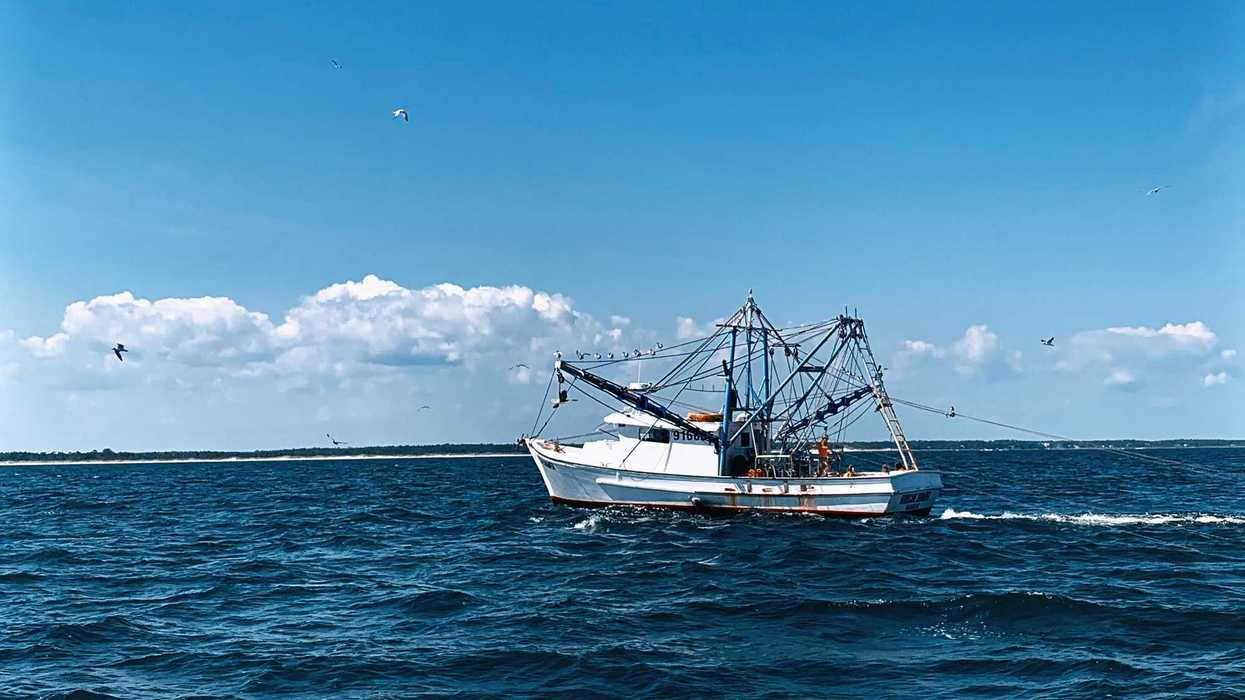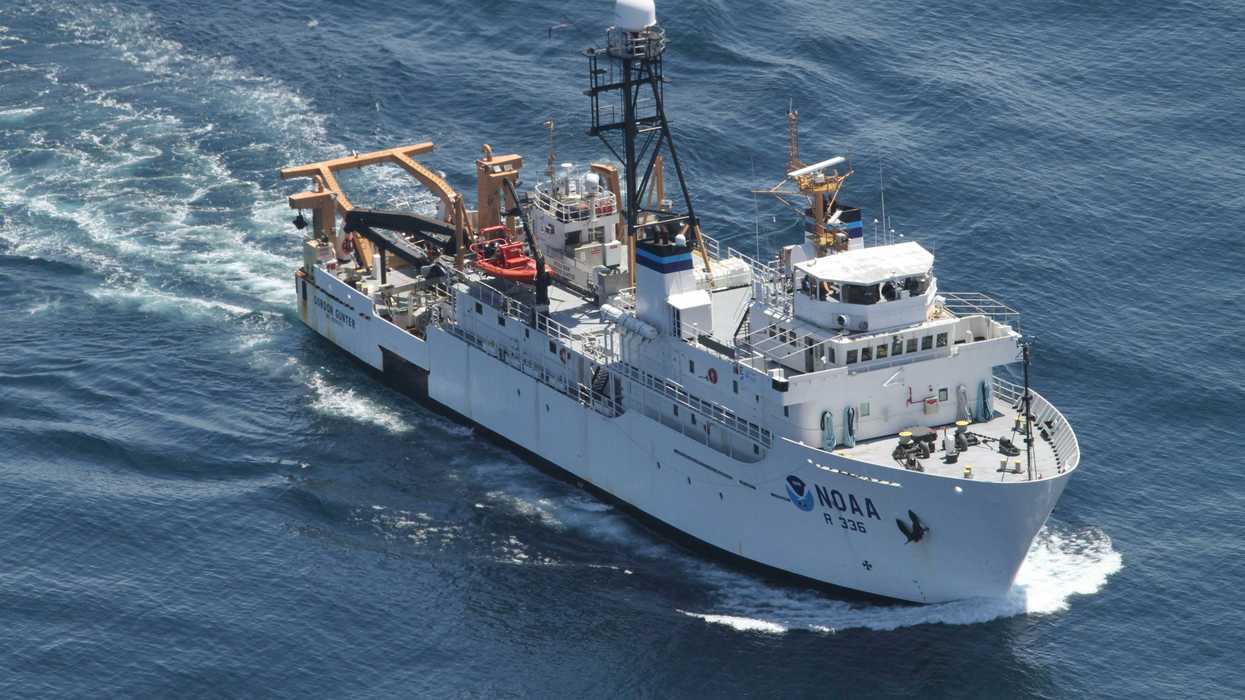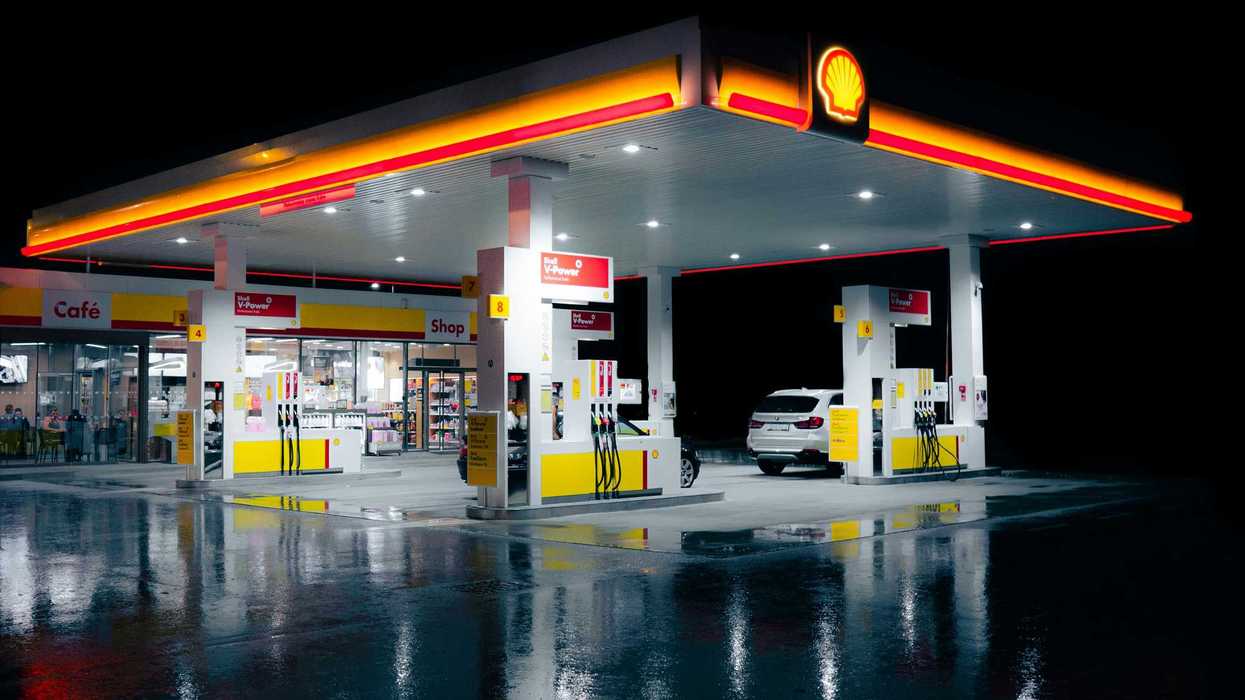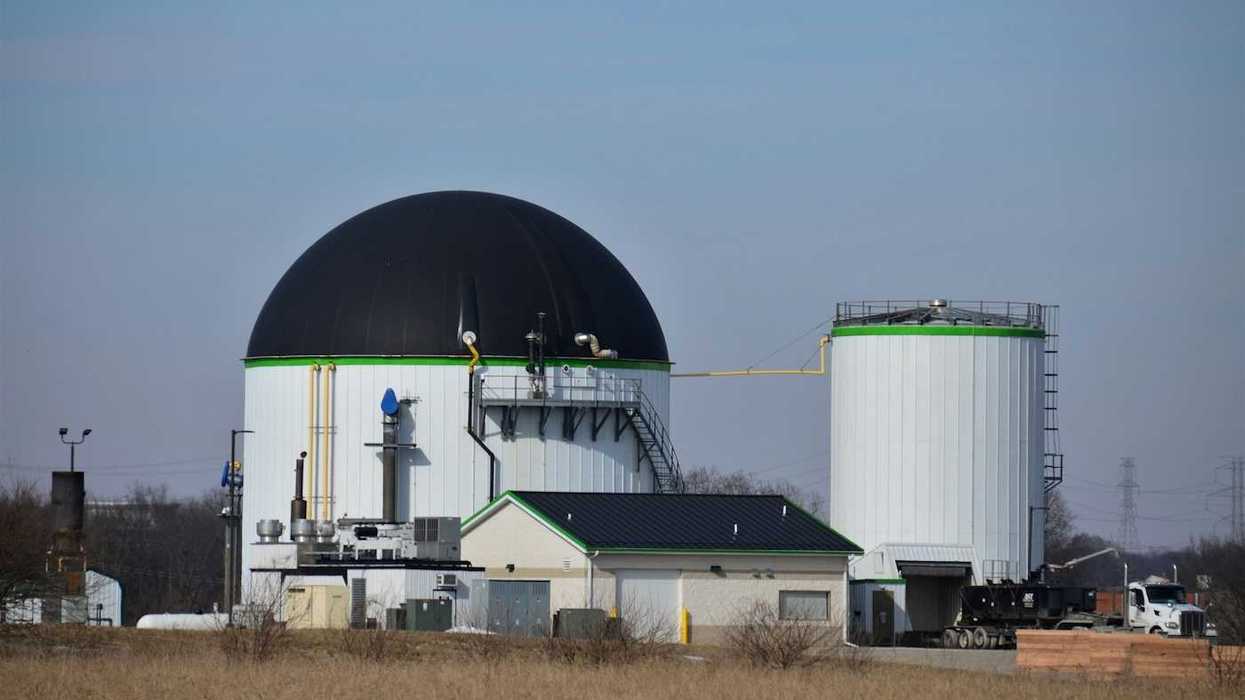As warmer winters impact snowfall, some European ski resorts are closing while others invest in artificial snow and year-round tourism to survive.
Kevin Rushby reports for The Guardian.
In short:
- Lower-level ski resorts in Europe are shutting down due to declining snowfall, with 180 closures since the 1970s.
- Innovations like artificial snow and renewable energy help some resorts adapt, but they face environmental criticism.
- Some regions, like Slovenia, are focusing on summer tourism to balance the economic impact of shrinking ski seasons.
Key quote:
“I don’t want to see skiing become the preserve of the rich again, or travel more generally. Decarbonisation and sustainability have to be the way forward.”
— Richard Sinclair, CEO at Sno, one of Britain’s largest ski holiday providers
Why this matters:
As global warming disrupts ski seasons, the ski industry faces an existential crisis, forcing expensive adaptations that may not be sustainable. This threatens not just tourism but the livelihoods of mountain communities and the environment.


